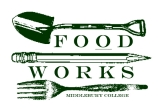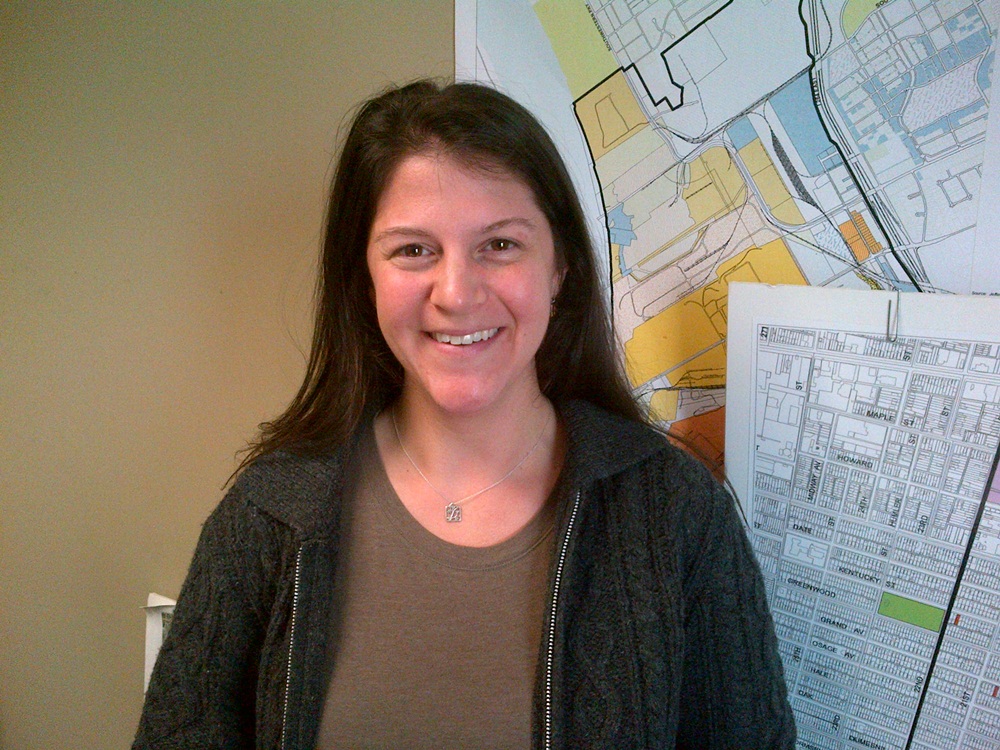Blog Prompt # 2 from Joe Franzen: Sustainability, Ecology and Economy:
For me these summers of exploring the local food system while working the Fern Creek High School garden with my students, allows me to put into action many of the practices from the FoodWorks community, the local institutions, and the wisdom of Wendell Berry. I hope all of you are experiencing the same process of internalization of experience and the opportunity to make it your own in action during these weeks. Although Berry focused on the “family farm” in his 1986 essay In Defense of the Family Farm, it seems like many in American society have been removed one, two, or three generations from having a tangible memory of what that means. On account of that, upon reading his words and putting them in my world, I saw the absence of neighborliness in the trash on Bear Grass Creek on which we canoed. I saw the commodification of labor in my students who work fast food for minimum wage. I saw the distance between value, quality and quantity in the disgruntled face when they read “3$ per dozen” on the eggs sold at the school’s farm stand.
At the end of the essay, Berry offered a series of Amish principles that can serve as handles to our conversation. Grab hold of one of them and connect them to your life, your summer experience, your studies, and your own explorations of the concepts of sustainability, ecology, and economy. Having gone away for college and now living in a state 11 hours away from home, some of these principles immediately put me on the defense, especially #1 and &7. If you feel inclined, how does being a Middlebury student interact with these principles? Are they compatible, at odds, and how could they serve the same purposes.
Some Amish Principles: pg 47
1) They have preserved their families and communities.
2) They have maintained the practices of neighborhood.
3) They have maintained the domestic arts of kitchen and garden.
4) They have limited their use of technology so as not to displace or alienate available human labor or available free sources of power (the sun, wind, water, and so on).
5) They have limited their farms (interpret how you like-Franzen) to a scale that is compatible both with the practice of neighborhood and with the optimum use of low-power technology.
6) By the practices and limits already mentioned, they have limited their costs.
7) They have educated their children to live at home and serve their communities.
8) They esteem farming as both a practical art and spiritual discipline.


